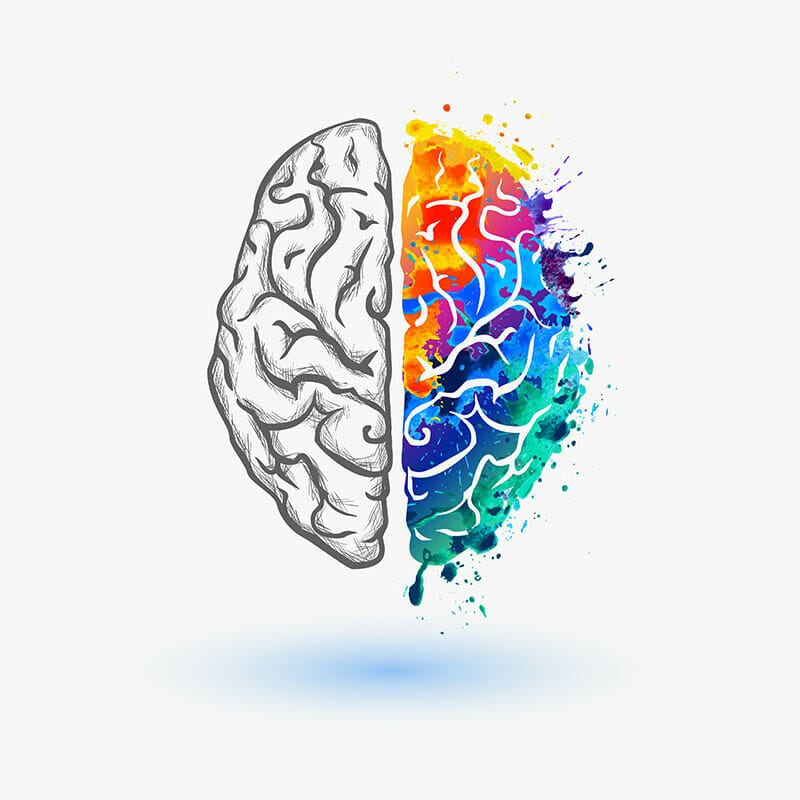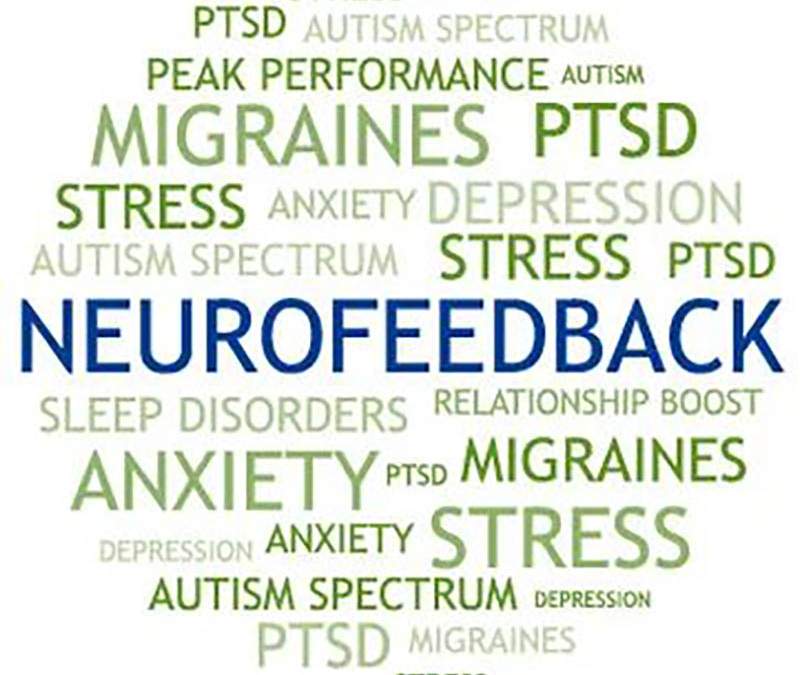When one considers a detox/residential program facility, one is not far off the mark when imagining the same therapy modalities common throughout medical detox, educational and therapeutic groups, one on one counseling, therapy, and experiential groups. There is absolutely nothing wrong with this model, but more and more facilities are implementing other therapeutic methods to better enhance the experience of recovery for those that suffer from substance abuse disorder and more specifically, enhancing treatment for those that suffer dual diagnoses.
One of these neurofeedback therapies, aka EEG (electroencephalography) biofeedback.
This technique has been around for about thirty years and was and still is used for clients who suffer from PTSD, eating disorders, ADHD, and anxiety, and others.
What is being found is that this therapeutic model is also showing benefits for those that suffer from substance abuse disorder.
In layman’s terms, neurofeedback therapy is reading or “mapping” of the brain waves and pinpoints where there is trouble with the brain’s ability to function normally in certain instances with impulses or reasonings.
A trained specialist connects electrodes (on a cap) or sensors to the client’s head which is connected to a device that is in turn connected to a computer. As the client discusses things with the specialist the computer program is reading the brain waves and “mapping” out areas where there is either dysregulation or misalignment in the brain. (Addiction Resource)
 Read the complete blog here.
Read the complete blog here.

